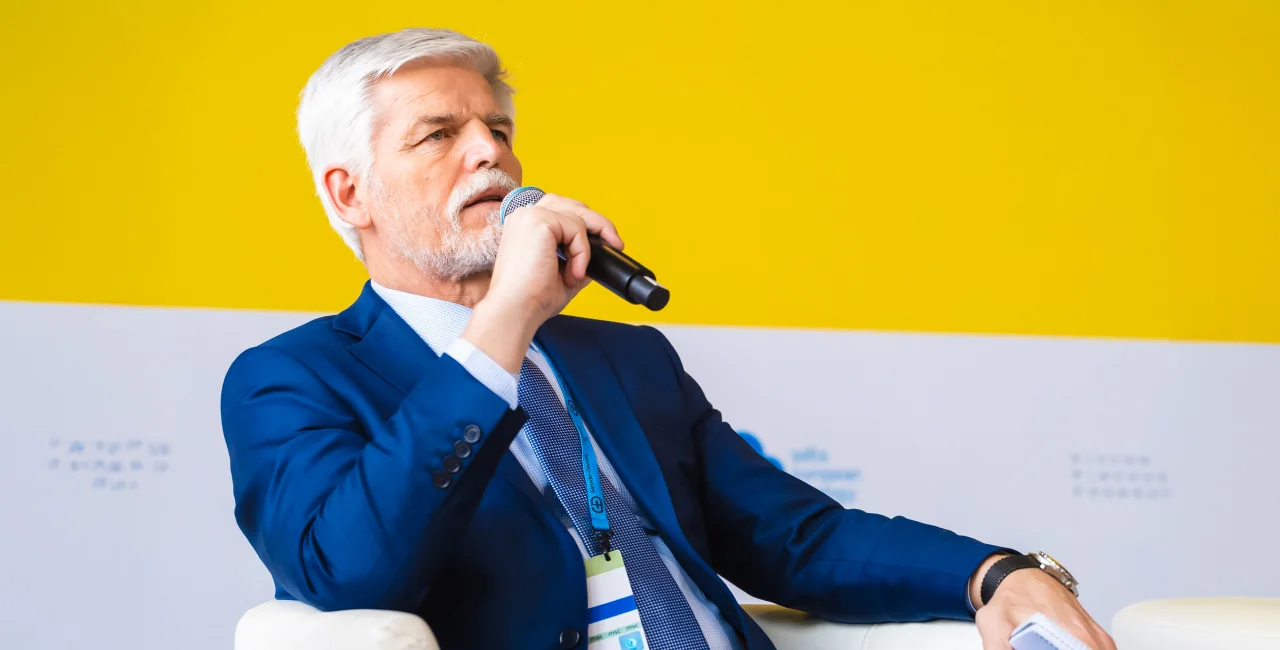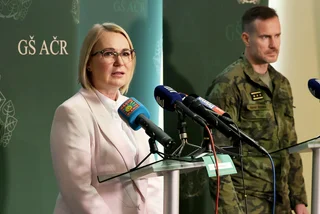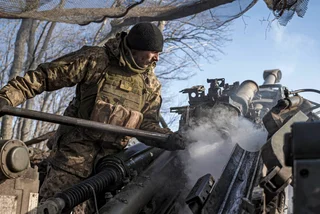In an exclusive interview with the international TIME maganze, Czech President Petr Pavel has issued a sobering message ahead amid this week's NATO summit: curb your expectations for the war in Ukraine.
Despite efforts to assist Ukraine, defeat Russia, and build Europe's military strength, Pavel believes that restoring territorial integrity and sovereignty to Ukraine, including Crimea, is not an easy task and will not happen in the foreseeable future.
Drawing on past wars
Pavel explained to TIME the long-term ramifications of the ongoing conflict in Ukraine. He compared the current front lines to the disputed borders of the Cold War, stating that the occupied regions of southern and eastern Ukraine may remain under Russian control for years to come. However, he emphasized that this does not mean Ukraine or its supporters within NATO will give up their efforts to end the occupation.
"We should never accept that these territories are part of Russia. We should always call them temporarily occupied territories," Pavel stated. "But achieving a return of full sovereignty and territorial integrity is not a goal for the short term."
West will continue to supply ammo, Pavel says
The alliance's response to the war has made this clear to Pavel. Despite Ukrainian President Volodymyr Zelenskyy's pleas for weapons to defend against the Russian advance, the West was unable to provide them quickly enough due to a shortage of artillery shells. In response, Pavel announced a plan to buy Soviet-era weapons for Ukraine in February, with several NATO members contributing funds. The first shipment arrived last month, demonstrating the power of unity and determination within the alliance.
However, Pavel acknowledges that the additional ammunition will not change the overall dynamics of the war. Both sides are at a virtual stalemate, with neither able to gain significant territory. In the coming months, Ukraine plans to hold a peace summit, but the rhetoric from both sides does not leave much room for compromise. President Vladimir Putin has demanded that Ukraine hand over a fifth of its territory and abandon plans to join NATO, while Zelenskyy has refused to give up land for peace.
Pavel expects both sides to continue pushing for advantage on the battlefield, with Russia's economy on a war footing but facing limits in terms of reserves. This presents an opportunity for the U.S. and its European allies to support Ukraine and give Zelensky a stronger position in negotiations with Putin.
Pavel emphasizes that these bilateral deals cannot serve as an alternative to Article Five of NATO's founding treaty, which commits all members to defend each other in case of an attack. "We cannot and don't want to provide any substitution to Article Five or to NATO," he says, adding that these agreements will serve as pledges of support for Ukraine's long-term security. In the face of ongoing conflict, Ukraine will have the opportunity to assess who they can count on and from whom, Pavel says.












 Reading time: 2 minutes
Reading time: 2 minutes 



























